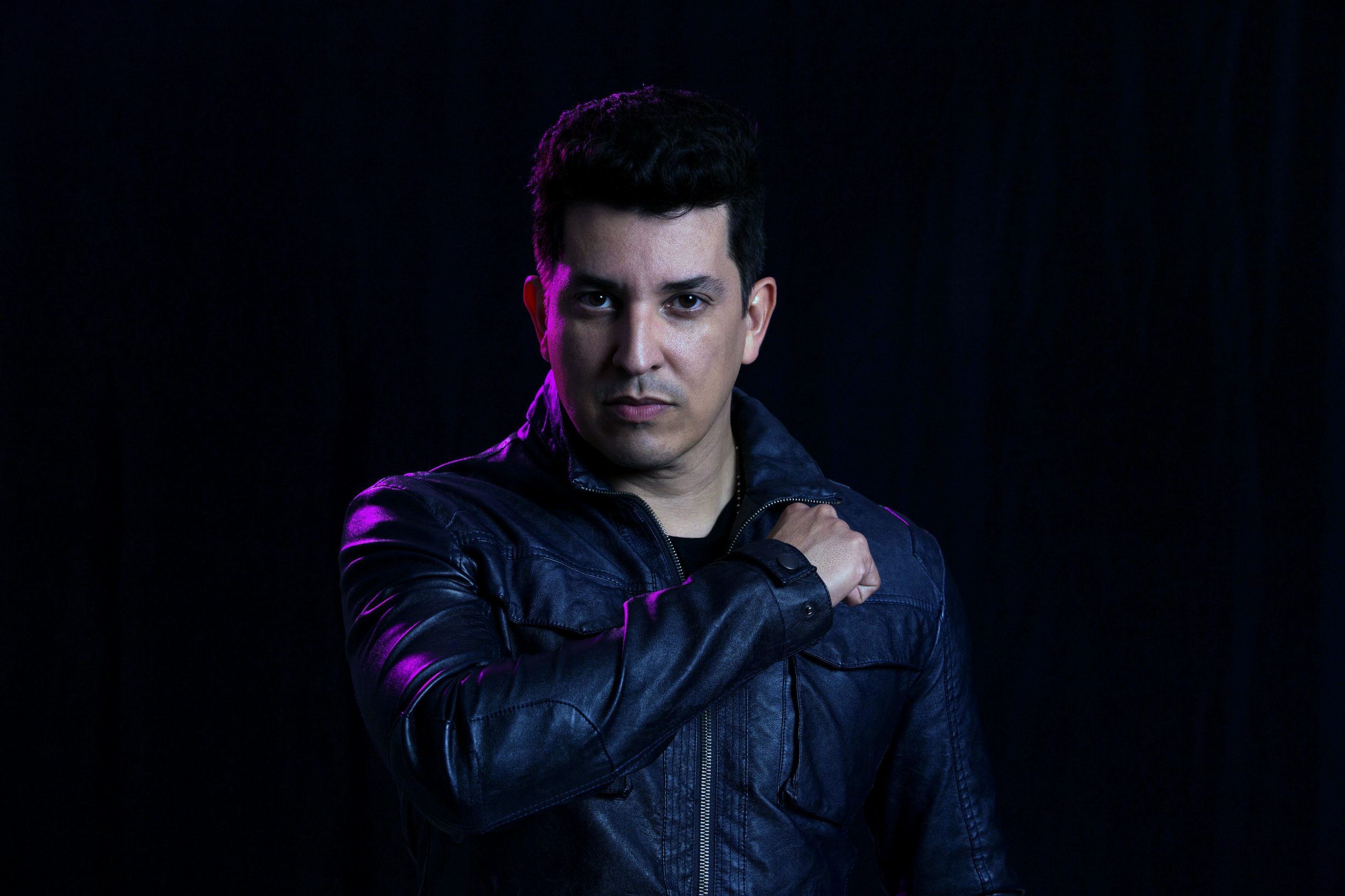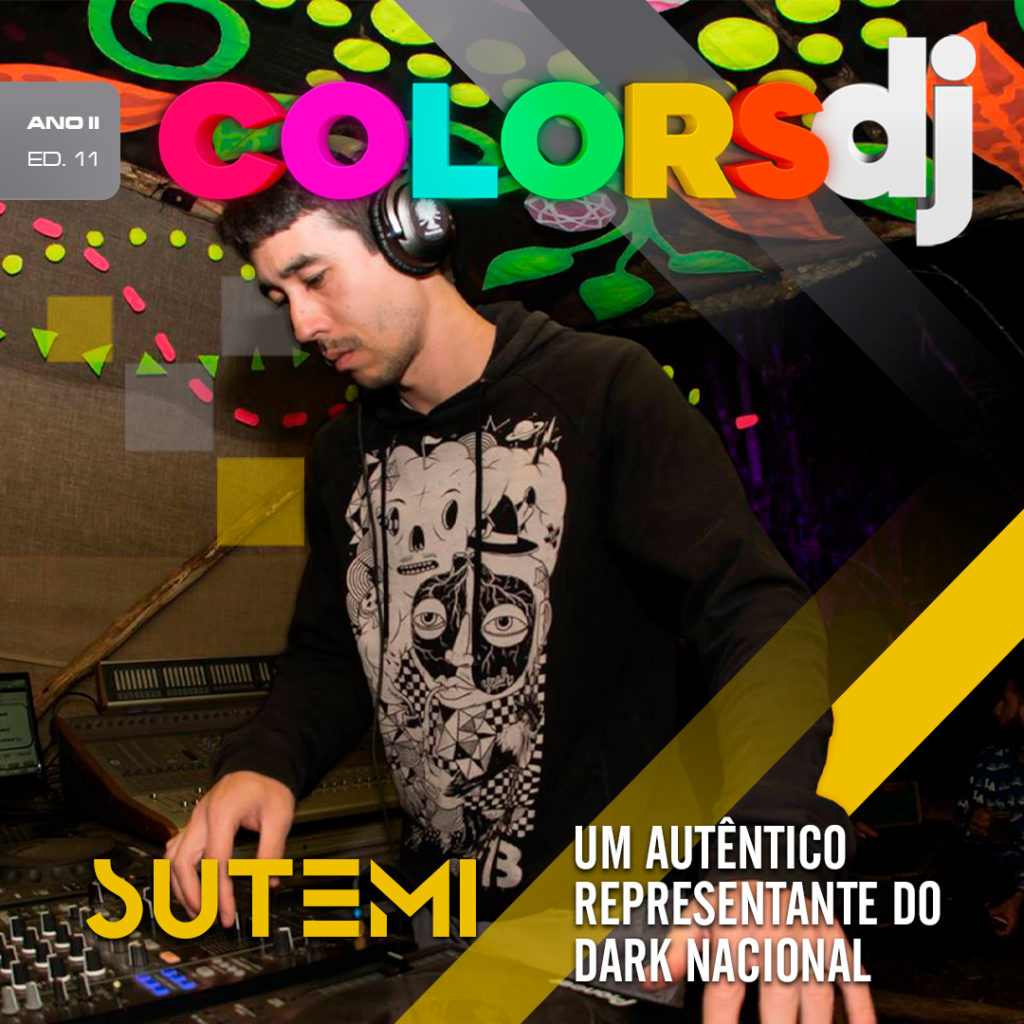Imagine that you are preparing a delicious dish with very unusual ingredients and in the end you discover that such a combination yielded an incredible discovery. Putting it that way, it seems to resemble a cooking reality show, but, exchanging the dishes for the DJs’ pick-ups, the mixture would give another flavor, which we call a bootleg or mashup.
A “bootleg” is an unofficial or unauthorized production, usually a remix or mashup originating from the work of other artists. At first, the name “bootleg” never had anything to do with electronic music. The term itself refers to objects that are illegally duplicated, transported and sold. And it wasn’t until it reached the music industry that the term came to refer to any and all musical creations that are used in violation of copyright laws, especially something that is duplicated and sold for profit, by someone who distributes without the legal right to duplicate or sell it.
Speaking of “mashup”, the nomenclature refers to the act or effect of mixing two or more songs together to generate a single track. The “mashup” is also recognized by other names, such as “blend”, “bastard pop”, “power mixing” or the older terminology, which we know as “bootleg”.
The most common and usual method of creating a “mashup” is to add a vocal, a sample, or an acapella from a song to a new instrumental of a new track, or vice versa. While this could be considered copyright infringement, this blending has become increasingly common among big and new electronic music producers.
Some claim that mashups were created in the mid-1980’s, but became popular probably at the beginning of the new millennium. In fact, its creation has become so popular that many DJs and electronic music producers have already adopted the practice of mashup as an exclusive strategy in their presentations.
The problem with these terms is that there is the formal definition and also the trivial way people use these names today. In addition, a lot of terminology accumulates, for example, you can have a remix that is said to be original, but that uses small excerpts (samples) with manipulated vocals, extracted from another original song. At the end of the day, this is all formally considered a bootleg, which may be originally released.
So, to elucidate this musical mixture: know that a “remix” is an artist’s version of an original track and a “bootleg” is just a remix that was made unofficially. That is, the producer did not ask for consent to do so.
For the listener, though, there’s no difference between a remix and a bootleg. Perhaps this is one of the big reasons why most bootlegs are called remixes. Most of today’s producers don’t bother to follow this rule, which in the end doesn’t even generate much importance for the public.
The fact is that “bootlegs” and “mashups” have always been present in Dance Music. For many DJs, all this is the first step to enter the universe of music production, because the idea comes from the blending to create new versions of the original songs. The audience starts to recognize and realize how well the tracks work together and the DJ ends up being surprised with the result on the track.
Listen below to three bootlegs that rocked the dance floors and became hits at the hands of producers in the electronic music scene.





